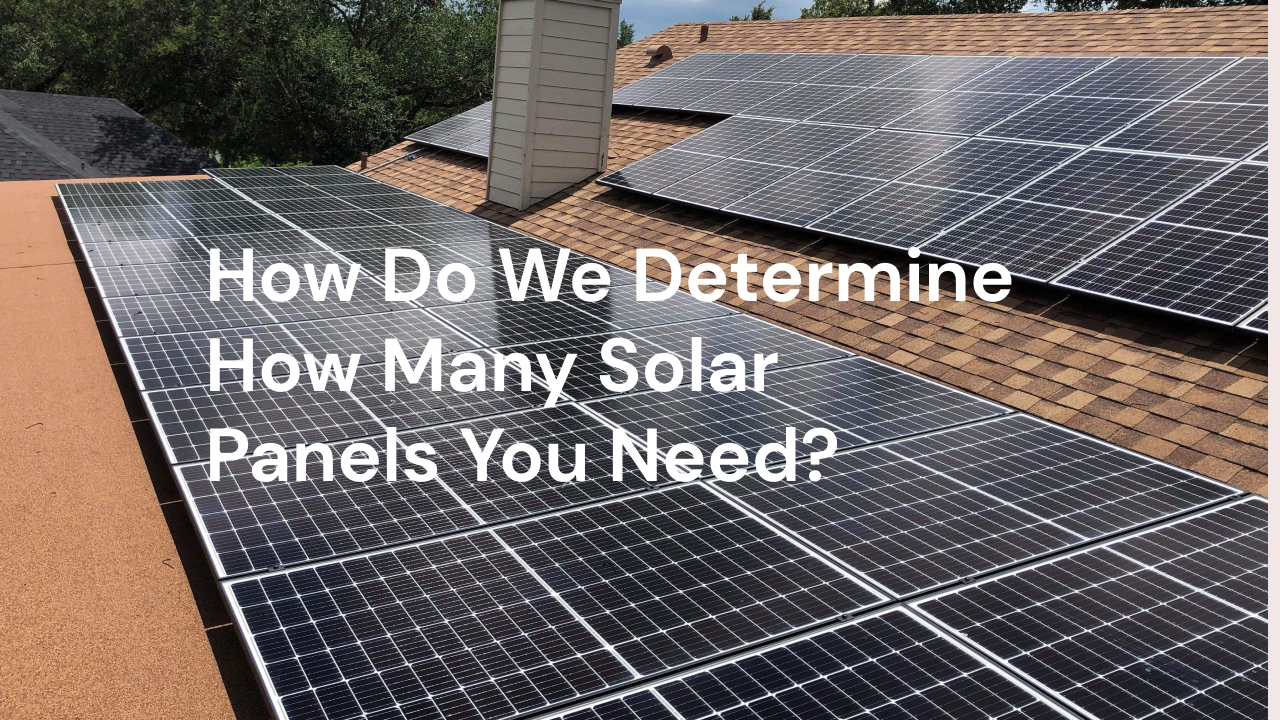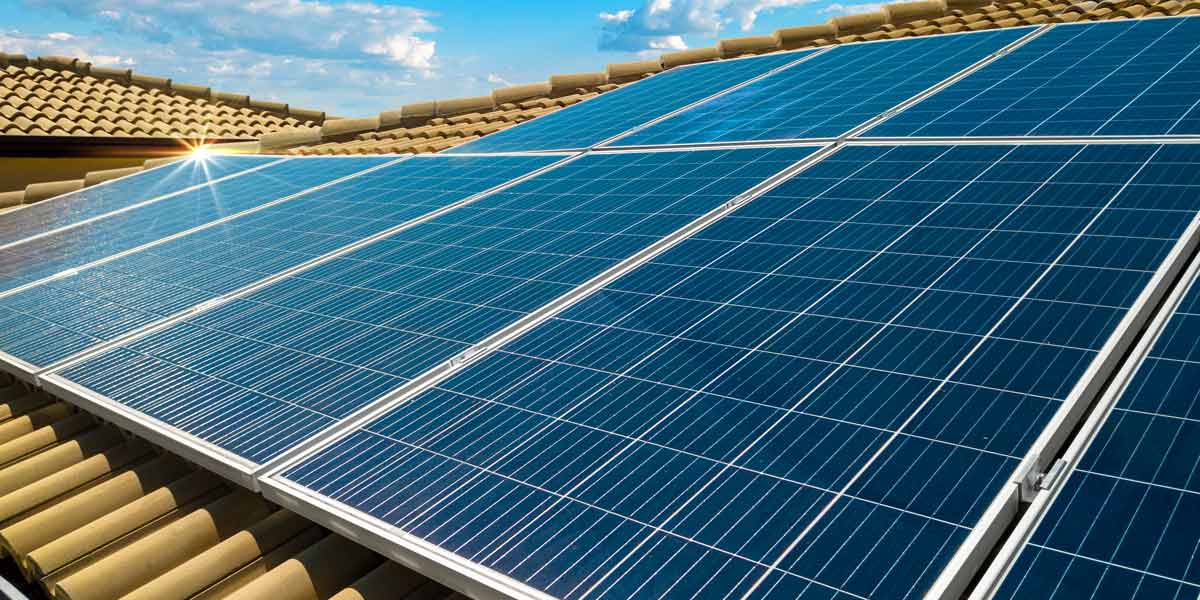How many solar panels do I need from Harbor Freight? This question arises as homeowners and businesses explore sustainable energy options. Harbor Freight offers a range of solar panels, but determining the right number for your needs requires careful consideration. This guide will provide a comprehensive overview, helping you estimate your energy consumption, understand the types of panels available, and plan an efficient solar panel system.
Understanding your energy consumption is crucial. Calculate your average daily electricity usage to determine the amount of solar energy you need to generate. Harbor Freight offers various solar panel types, each with unique specifications. Consider factors like wattage, dimensions, and efficiency when making your selection. Proper planning is essential for an optimized system. Evaluate roof space, orientation, and shading to ensure maximum panel efficiency.
Overview of Harbor Freight Solar Panels

Harbor Freight solar panels are a cost-effective option for those looking to harness the power of solar energy. These panels are designed to provide reliable and efficient performance, making them suitable for a wide range of applications.
Key features and benefits of Harbor Freight solar panels include:
- High efficiency ratings: Harbor Freight solar panels boast impressive efficiency ratings, ensuring maximum energy conversion from sunlight.
- Durable construction: These panels are built to withstand harsh weather conditions, providing long-lasting performance.
- Versatile mounting options: Harbor Freight solar panels come with various mounting options, making them easy to install on roofs, ground-mounted systems, and other surfaces.
Determining Your Energy Needs
Determining the number of solar panels you need starts with understanding your energy consumption. Several factors influence energy usage, including the size of your home, the number of appliances and electronics you use, and your lifestyle.
To calculate your average daily electricity usage, follow these steps:
- Gather your electricity bills for the past year.
- Add up the kilowatt-hours (kWh) used each month.
- Divide the total kWh by the number of days in a year (365) to get your average daily electricity usage.
Estimating the Number of Solar Panels Needed
Once you know your average daily electricity usage, you can estimate the number of solar panels you need based on your energy requirements. The general rule of thumb is that you need about 1 kW of solar panels for every 100 kWh of electricity you use per day.
For example, if your average daily electricity usage is 500 kWh, you would need about 5 kW of solar panels.
Types of Solar Panels Offered by Harbor Freight

Harbor Freight offers a range of solar panels to cater to different needs and budgets. These panels vary in terms of wattage, dimensions, and efficiency. Here’s a table summarizing the key specifications of each type:
| Type | Wattage | Dimensions | Efficiency |
|---|---|---|---|
| HQRP 100W Solar Panel | 100W | 40.94 x 26.77 x 1.38 inches | 17.5% |
| Predator 200W Solar Panel | 200W | 64.96 x 39.37 x 1.38 inches | 18.2% |
| Bauer 300W Solar Panel | 300W | 78.74 x 39.37 x 1.38 inches | 18.5% |
| Chicago Electric 400W Solar Panel | 400W | 82.68 x 39.37 x 1.38 inches | 19.2% |
| US General 500W Solar Panel | 500W | 102.36 x 39.37 x 1.38 inches | 19.5% |
The HQRP 100W Solar Panel is a compact and budget-friendly option, suitable for small-scale applications such as charging batteries or powering small devices. The Predator 200W Solar Panel offers a higher wattage and is a good choice for medium-sized systems. The Bauer 300W Solar Panel is a mid-range option with a higher efficiency rating, making it a good choice for larger systems. The Chicago Electric 400W Solar Panel is a high-wattage option suitable for larger systems and applications requiring more power. The US General 500W Solar Panel is the most powerful option offered by Harbor Freight, making it suitable for large-scale systems and applications requiring maximum power output.
Planning Your Solar Panel System
Planning a solar panel system involves careful consideration of various factors to ensure optimal performance and efficiency. Key aspects to consider include the available roof space, orientation, and potential shading.
Roof Space
The size and shape of your roof determine the number and layout of solar panels you can install. Assess the available roof area, taking into account any obstacles like chimneys, vents, or skylights that may limit panel placement.
Orientation
The orientation of your roof plays a crucial role in solar panel efficiency. South-facing roofs receive the most direct sunlight throughout the day, making them ideal for solar panel installation. However, east- or west-facing roofs can also be suitable, with adjustments made to panel tilt and placement.
Shading
Shading from trees, buildings, or other structures can significantly reduce solar panel output. Identify potential sources of shading throughout the day and consider using solar panels with higher efficiency ratings or installing them in areas with minimal shading.
Cost Considerations
Determining the cost of purchasing and installing Harbor Freight solar panels involves several factors. Understanding these factors helps in budgeting and making informed decisions.
The overall cost of a solar panel system depends on its size, complexity, and location. Larger systems with more panels and higher wattage ratings generally cost more than smaller systems.
Calculating the number of solar panels needed from Harbor Freight depends on factors like energy consumption and sunlight availability. To explore how Texas is embracing solar energy, check out Solar Panels Texas Buyback: Powering the Lone Star State. Once you have a better understanding of your solar needs, you can determine the appropriate number of panels from Harbor Freight to meet your energy requirements.
System Size
The size of the solar panel system, measured in kilowatts (kW), determines the amount of electricity it can generate. Larger systems with higher kW ratings can produce more electricity, but they also cost more.
Installation Complexity
The complexity of the installation process can also affect the cost. Factors such as the type of roof, the presence of obstacles, and the need for additional equipment can increase the installation cost.
Location, How many solar panels do I need from Harbor Freight
The location of the property can also influence the cost. Factors such as local labor rates and permitting requirements can vary, affecting the overall cost.
Potential Incentives and Rebates
Government incentives and rebates can help reduce the cost of solar panel installation. These incentives vary by location and may include tax credits, rebates, and performance-based incentives.
Comparison with Other Brands
Harbor Freight solar panels are a budget-friendly option for those looking to install a solar system. However, it is important to compare them to other brands to make sure you are getting the best value for your money.
The following table compares Harbor Freight solar panels to those from other popular brands:
| Brand | Specifications | Features | Price |
|---|---|---|---|
| Harbor Freight | 100W, 12V | Polycrystalline, junction box, mounting holes | $100 |
| Renogy | 100W, 12V | Monocrystalline, junction box, mounting holes, bypass diodes | $120 |
| SunPower | 100W, 12V | Monocrystalline, junction box, mounting holes, bypass diodes, anti-reflective coating | $150 |
As you can see, Harbor Freight solar panels are less expensive than those from other brands. However, they also have fewer features. For example, Renogy solar panels have bypass diodes, which help to prevent power loss when part of the panel is shaded. SunPower solar panels have an anti-reflective coating, which helps to increase efficiency.
Ultimately, the best solar panel for you will depend on your specific needs and budget. If you are looking for a budget-friendly option, Harbor Freight solar panels are a good choice. However, if you are looking for a more efficient panel with more features, you may want to consider a different brand.
Last Word

Installing and maintaining your Harbor Freight solar panels requires proper wiring and grounding. Regular maintenance ensures optimal performance. The cost of purchasing and installing the system varies based on size and complexity. Compare Harbor Freight solar panels to other brands to identify advantages and disadvantages. Embrace sustainable energy and reduce your carbon footprint with a well-planned Harbor Freight solar panel system.
Questions and Answers: How Many Solar Panels Do I Need From Harbor Freight
What factors influence the number of solar panels I need?
Energy consumption, roof space, panel efficiency, and system size are key factors.
How do I calculate my energy consumption?
Monitor your electricity usage over a period of time to determine your average daily consumption.
What types of solar panels does Harbor Freight offer?
Harbor Freight offers monocrystalline, polycrystalline, and flexible solar panels in various sizes and wattages.
How do I optimize panel placement for maximum efficiency?
Consider roof orientation, shading, and tilt angle to maximize sunlight exposure.


